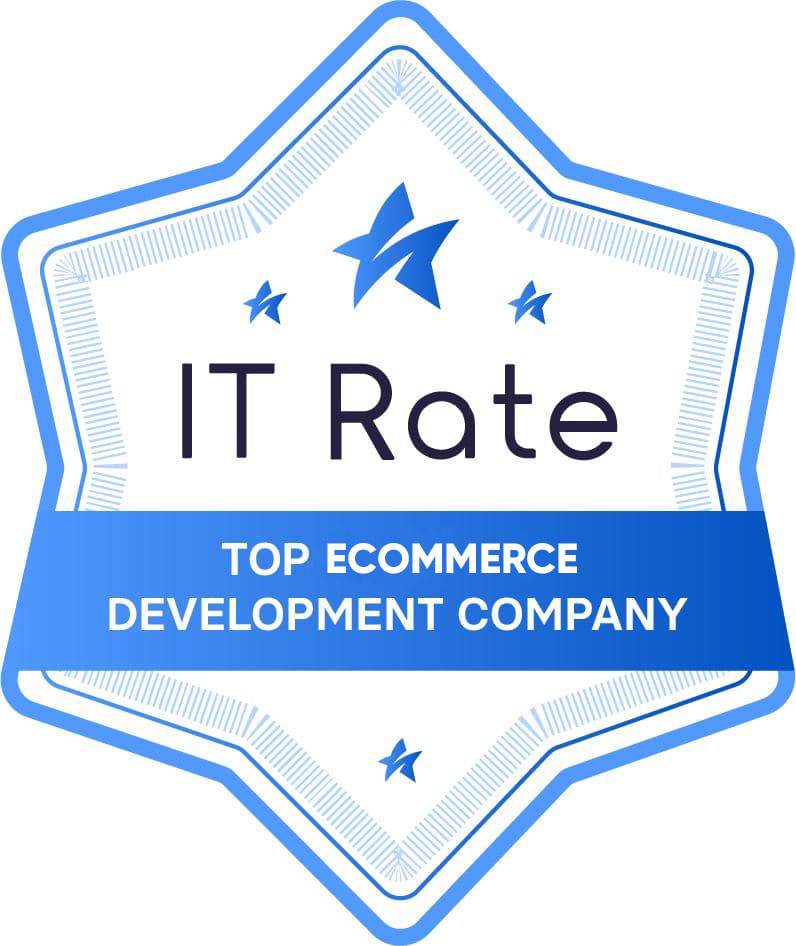Looking for a Shopify alternative? Factors to Consider in an eCommerce Platform
February 5, 2022Since its inception in 2016, Shopify has been one of the go-to options for small businesses and startups for kickstarting their eCommerce journey. Undoubtedly, it’s easy to set up and manage but if you’re envisioning long-term eCommerce success, you might want to look for Shopify alternatives.
Shopify is a great starting point but it also comes with its own hiccups. Business founders must know that hopping onto Shopify may be easy but moving out can be a pain. Therefore, it’s wise to comprehend the challenges that Shopify comes with, beforehand.
Why look for Shopify alternatives?
Following are a few key reasons to look for an ecommerce software other than Shopify.
- Too many paid features – Apart from Shopify’s own monthly fee which is around $29 for the basic plan, most of the add-ons that you need for your store are also paid. The costs range between $4.99 to $89 per month depending upon what you need. Even the simpler add-ons come with a price tag that elevates your monthly Shopify bill.
- Limited Customizability – Shopify lets you edit the front-end and make cosmetic changes to your web store but it’s not extensively customizable. You can’t make changes to the functionalities or access the source code. Only template changes are allowed which may frustrate business owners after a while.
- Limited Content Options – A lot of stores offer rich media content such as videos, articles, and image sliders for boosting conversions. But it’s quite hard to achieve the same with Shopify as it offers quite limited content options. You’ll need to search for Shopify alternatives for this use case.
Factors to Consider in an eCommerce Platform as Shopify Alternatives
Free Setup to Get Started Easily
Shopify comes with a limited trial offer wherein you can understand how it works but you’ll have to buy a plan before you actually start selling. This can be an issue for young businesses that need to get off the ground before they incur too many costs.
Therefore, one of the key factors to keep in mind is that the eCommerce platform lets you sell without upfront fees. There are a lot of Shopify alternatives that offer free setup and extensive functionalities. Getting the option to test the service before making hefty payments is only fair to business owners.
No Monthly Fees or Transactional Charges
In addition to Shopify’s monthly plan, users also pay a 2% charge for each product sold using the platform. This means that the more they sell, the higher their Shopify expenses will also rise. It ultimately eats away on the profit margins and makes it tougher to run the business.
Hence, you should look for an eCommerce platform that doesn’t charge transactional fees. You should be able to process orders, send invoices and maintain inventory for no extra charge. Initially, the monthly fees should also be waved off as you’re still establishing profitability. Fortunately, if you go for the best Shopify alternative, you actually need not pay any monthly or transactional fees.
Support for Native Mobile Apps
It may not be surprising to know that 79% of shoppers who use their mobile phones have made a purchase in the last 6 months. We’re experiencing a huge rise in m-commerce or mobile commerce wherein shoppers prefer to make online purchases using their smartphones.
This has made owning a mobile app for your eCommerce store a strong necessity. As the competition grows, businesses without a mobile app will be easily outnumbered by m-commerce leaders. Hence, look for an option that lets you build or launch native Android or iPhone mobile apps for your store.
No-Code Development and Hosting Support
No-Code development essentially means that you don’t need to hire a developer for coding your online store. You can build it by dragging UI elements and adjusting pre-defined configurations. Even if you’re not tech-savvy, you can easily work with a No-code eCommerce platform – it’s as easy as setting up your newly purchased smartphone.
Furthermore, you should also get hosting support for your store. It will save you server costs and repetitive monthly hassles of maintaining software packages for the smooth operation of your store. Oftentimes, businesses hire a specialist for managing their eCommerce hosting but if you get it pre-packed, you’re off the hook.
Competitive eCommerce Features On Offer
Shopfiy is known for offering additional functionalities in the form of paid add-ons which reduces usability. Today, eCommerce businesses need several added features such as custom front-end, extensive payment options, and integrated marketing features to sustain the competition.
You can’t be paying for everything in order to run your business. In order to make a definite business impact, you’ll need Shopify alternatives that don’t compromise on such features. You would want to push Facebook Ads, collect payment through bank cards, and get custom performance reports. All of this must be a part of your expectations when you choose a reliable eCommerce platform.
Better Customer Support Than Shopify
Although Shopify’s support teams are quite responsive, not having active support can make it difficult to operate an ecommerce store. You don’t want to troubleshoot technical glitches on your own or keep wondering what to do if your store goes down. You need quick resolution to such issues and priority support in case of emergencies.
Shopify offers strong customer support only in the premium plans that are quite expensive. If you’re looking for reliable customer service, you may want to look at the best Shopify alternative with a better reputation.
Quick eSelling – Best Alternative to Shopify
Quick eSelling is an ideal choice for eCommerce businesses and is touted as the best alternative to Shopify. From zero monthly fees to extensive custom features and priority support, it checks all the boxes that Shopify can’t even think of. Built for modern digital commerce, the free ecommerce platform is designed with scalability and ease-of-doing-business in mind. You can design, populate and launch your first eCommerce store without commitments or technical expertise.
Make your eCommerce journey easier to fulfill and raise your profitability with Quick eSelling’s eCommerce store builder. Businesses that haven’t tried their hands at eCommerce yet must give the tool a shot before they consider Shopify and other alternatives.


0 Comments